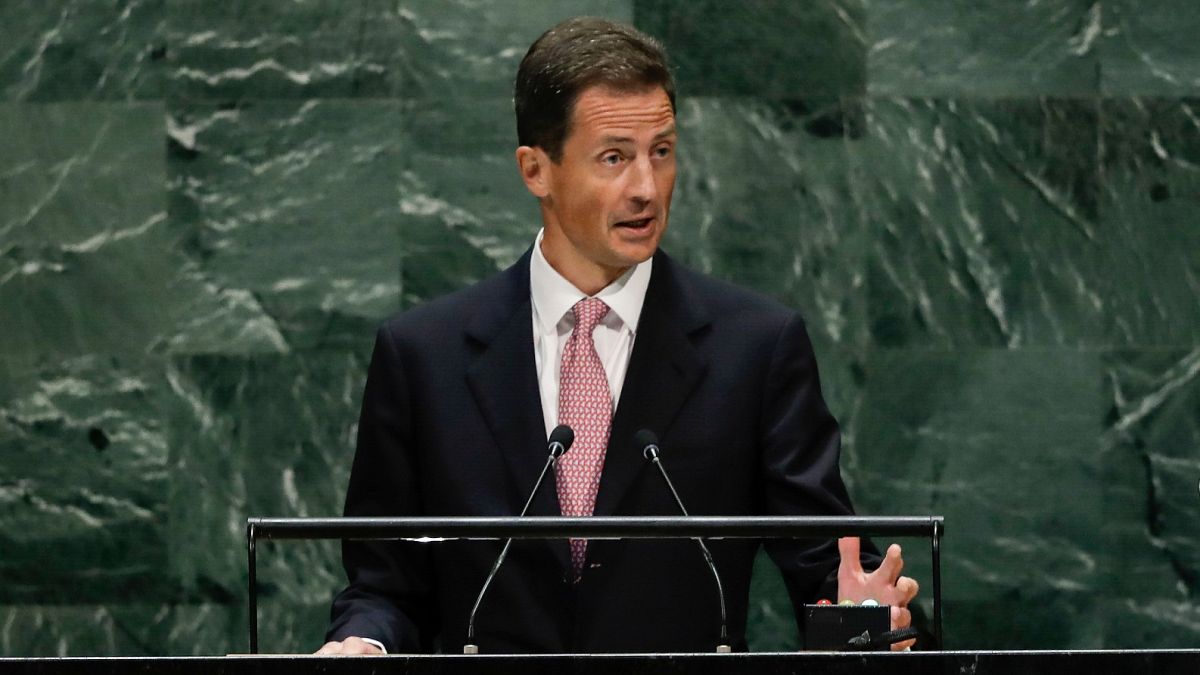The country’s election on Monday was seen - as it has always been - as a two-horse race, with only marginal differences, policy-wise, between the horses.
The two parties that share power at the head of Liechtenstein will now be called upon to form a new coalition.
Each won 35.9% of around 20,000 votes in the parliamentary elections on Sunday, according to the Swiss news agency Keystone-ATS.
Just 23 ballots separated the Progress Citizens Party (FBP) and the Patriotic Union (VU), known as "the blacks" and "the reds", which have ruled Liechtenstein, bordered by Switzerland and Austria, since World War Two.
The local parliament, the Landtag, which has 25 deputies, must now appoint the government, headed either by Daniel Risch, (VU) or Sabine Monauni (FBP), who would be the first woman to lead the country where women were only granted the right to vote in 1984.
Monauni was until now Liechtenstein's ambassador to Belgium and the European Union.
According to Keystone-ATS, coming in behind the two majority parties, the Free List centre-left environmentalists obtained 12.9% of the votes, the Democrats for Liechtenstein 11.1%, and right-wing populists, the Independents (DU), got 4.2% of the votes, which was not enough to enter Parliament.
While the DU had increased their vote share in 2013 and 2017, the country’s election on Monday was seen - as it has always been - as a two-horse race, with only marginal differences, policy-wise, between the horses.
Liechtenstein, a constitutional monarchy, is a small, prosperous state with rock-bottom corporate tax rates.
It is closely linked to Switzerland and shares a customs union and the same currency (the Swiss franc), with the country.
In 2018, per capita income in the principality was 150,000 euros, the highest in the world, even beating Luxembourg.
Prince Hans-Adam II, 75, who is worth 3.6 billion euros, ruled Liechtenstein until 2004 when he handed over power to his son, Prince Alois.
